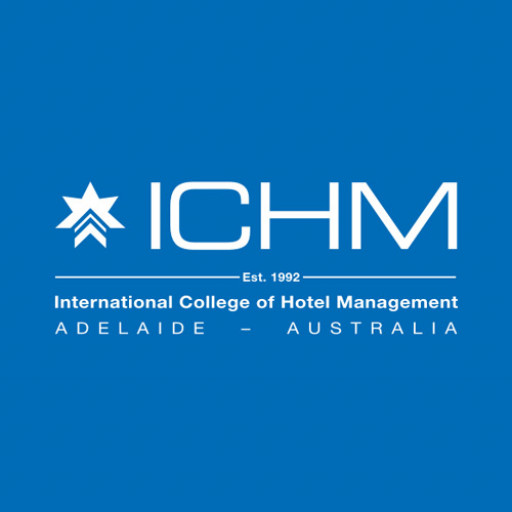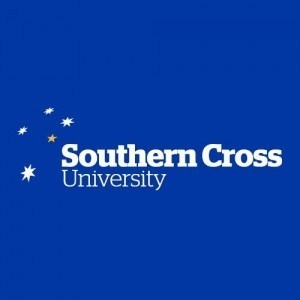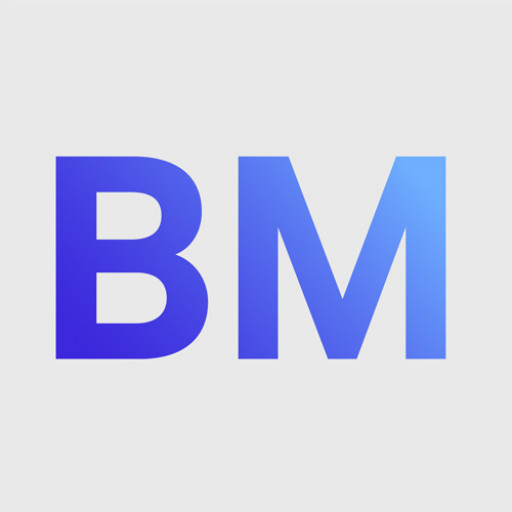Photos of university / #monash_uni
The Master of Tourism is Australia's longest-running and most industry-focused specialist graduate tourism program designed to prepare students for diverse careers within in tourism and associated industries. In the twenty first century the 'international tourism industry' can more accurately be described as the global movement of people for a variety of motivations. As the industry continues to expand, the United Nations World Tourism Organisation (UNWTO) is forecasting that the growth rate for emerging economies will be double the rate of advanced economies to 2030.
Areas of study covered in the course include marketing and international marketing, cultural tourism, development and planning, natural resource management, environmental studies, research techniques, cross-cultural and regional studies, sustainability and communications.
Students are encouraged to undertake part of their studies overseas in order to broaden their understanding of the international market and the role that a sustainable tourism industry can play in development within emerging economies. The course provides the option for students to attend a partially funded intensive field-school to study the patterns of development within an emerging economy in the Asia-Pacific region, such as Fiji, Vietnam or Cambodia.
In addition students have the opportunity of spending a semester on exchange at either Uppsala University (Sweden), or the Estonian Business School (Estonia). Approval must be obtained from the course coordinator and the faculty well before departure.
The course is structured in three parts: Part A. Foundations for advanced tourism studies, Part B. Core master's study and Part C. Advanced expertise. All students complete Part B. Depending upon prior qualifications, you may receive credit for Part A or Part C or a combination of the two. Note that if you are eligible for credit for prior studies you may elect not to receive the credit.
Part A. Foundations for advanced tourism studies (24 points)
These studies will introduce you to tourism studies at advanced undergraduate or graduate level. They are intended for students whose previous qualification is not in a cognate field.
Part B. Core master's study (48 points)
These studies provide you with with in-depth understanding of tourism development theory and practice. You will develop the skills and techniques to develop tourism policies and practices in a global setting and to manage tourism and small and medium enterprise development in the direction of more sustainable practice.
Part C. Advanced expertise (24 points)
The focus of these studies is professional or scholarly work that can contribute to a portfolio of professional development. You have two options:
- a program of coursework study where you select the units to suit your own interests. This option includes the opportunity to undertake an internship in the field
- a 24 point research thesis. Students wishing to use this Masters course as a pathway to a higher degree by research should take this second option.
Students admitted to the course, who have a recognised honours degree in a cognate discipline including humanities or social sciences, will receive credit for Part C, however, should they wish to complete a 24 point research project as part of the course they should consult with the course coordinator.
Requirements
The course comprises 96 points structured into three parts: Part A. Foundations for advanced tourism studies (24 points), Part B. Core master's study (48 points) and Part C. Advanced expertise (24 points).
Depending on prior qualifications you may receive entry level credit (a form of block credit) which determines your point of entry to the course:
- Students admitted at entry level 1 complete 96 points, comprising Part A, Part B and Part C.
- Students admitted at entry level 2 complete 72 points, comprising Part B and Part C.
- Students admitted at entry level 3 complete 48 points, comprising Part B.
Note: Students eligible for credit for prior studies may elect not to receive the credit and complete one of the higher credit-point options.
All students must complete a minimum of 48 credit points at level 5 and a maximum of 24 points at level 2 or 3 for entry point 1. Unless otherwise stated, units with codes beginning with 2 or 3 are 6 points, and units with codes beginning with a 5 are 12 points.
Part A. Foundations for advanced tourism studies (24 points)
Students complete:
a. Unit(s) (12 points) from the following, taken during the first full time equivalent year of study:
- ATS2395 Australia in a globalising world
- ATS2490 Advanced professional writing
- ATS3392 A lonely planet? Travel, culture, power
- MGF5991 Professional development - Career dynamics
- MKF5916 Foundations of marketing
- MKF5911 Theory and process of buyer behaviour
b. One unit (12 points) from the electives listed in Part C
Part B. Core master's study (48 points)
Students complete:
a. The following units (36 points):
- APG5389 Tourism industry and marketing
- APG5717 Applied industry research and practice
- APG5720 Cultural tourism and events management
b. One capstone unit chosen from the following:
- APG5044 Professional internship
- APG5183 International tourism marketing research project
- APG5390 Contemporary tourism and development in emerging economies
- APG5856 Research project*
* Students electing to take the research thesis option and APG5856 should consult with the course coordinator.
Part C. Advanced expertise (24 points)
Students complete either a. or b. below:
a. The following unit/s:
- APG5848 Research thesis (24 points) or APG5849 Research thesis A (12 points) and APG5850 Research thesis B (12 points)**
** Students admitted to the course at Entry level 3 who wish to complete this 24 point research thesis should consult with the course coordinator.
b. Two units (24 points) including the following:
- APG5609 Sustainable tourism development and planning
and one of:
- APG5398 Digital media technologies
- APG5628 Doctrines of development
- APG5805 Project planning and management in international development
- APG5894 Communications theories and practices
- APG5900 Cultural economy
- MKF5601 Social media marketing (6 points)
- MKF5926 Integrated marketing communication (6 points)
- any capstone unit for Part B not already completed
Qualifications
Depending on prior qualifications:
|
Entry level 1: Duration: 2 years full-time, 4 years part-time (96 points to complete) An Australian undergraduate degree (or equivalent) withat least credit (60%) average, or qualification/experience or satisfactorysubstitute that the faculty considers to be equivalent. |
|
Entry level 2: Duration: 1.5 years full-time, 3 years part-time (72 points to complete) An Australian undergraduate degree (or equivalent) in a cognate discipline including humanities, social sciences, business or marketing with at least credit (60%) average, or qualification/ experience or satisfactory substitute that the faculty considers to be equivalent or An Australian undergraduate degree (or equivalent)and an Australian graduate certificate (or equivalent) in a cognate discipline includinghumanities, social sciences, business or marketing with at least credit (60%)average in both qualifications, or qualification/experience or satisfactorysubstitute that the faculty considers to be equivalent. |
|
Entry level 3: Duration: 1 years full-time, 2 years part-time (48 points to complete) An Australian undergraduate honours degree (or equivalent)in a cognate discipline including humanities, social sciences, business or marketing with at least credit (60%)average, or qualification/ experience or satisfactory substitute that thefaculty considers to be equivalent. |
English entry requirements
Minimum English language requirement for Monash University
IELTS 6.5 (no band lower than 6.0) or equivalent approved English test as defined in the Admission to Coursework Courses and Units of Study Procedures.









